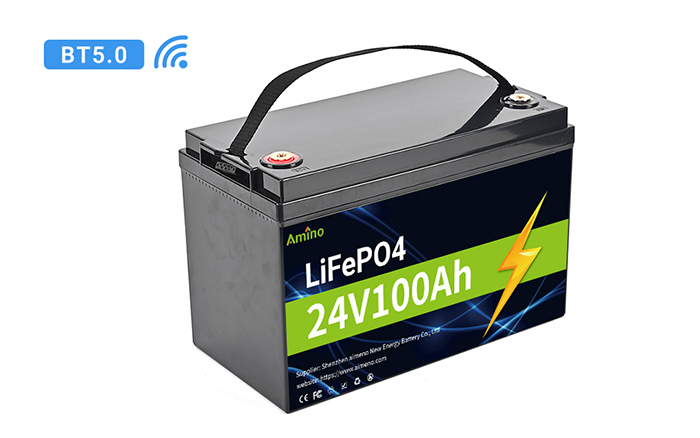Lithium batteries have become increasingly popular for their high energy density and longer lifespan compared to traditional batteries. However, selecting the right lithium battery can be a daunting task due to the variety of options available in the market. In this article, we will discuss some essential tips for selecting the right lithium battery for your needs.
When choosing a lithium battery, consider factors such as capacity, voltage, and discharge current. Determine the specific requirements of your application and choose a battery that can meet those demands reliably. It's crucial to consider the battery's capacity in relation to the required runtime and the voltage compatibility with your device. Additionally, check the battery's discharge current to ensure it can handle the power demands of your application.

To determine the appropriate size of a lithium battery, consider the energy requirements of your application. Calculate the energy consumption in watt-hours (Wh) and divide it by the nominal voltage of the battery to obtain the required capacity in ampere-hours (Ah). Additionally, take into account any specific size constraints or weight limitations that may be relevant to your application.

Reliability is a crucial aspect when selecting a lithium battery. The most reliable lithium batteries come from reputable brands that prioritize quality control and use high-quality materials. Look for batteries with a good track record and customer reviews. Also, consider batteries with built-in protection mechanisms against overcharging, over-discharging, and excessive temperature.
A Battery Management System (BMS) is essential for the safety and optimal performance of lithium batteries. When choosing a BMS, consider factors such as the maximum voltage and current rating, compatibility with your battery chemistry, and necessary functions like cell balancing, temperature monitoring, and communication interfaces. Consult the manufacturer's specifications and recommendations to ensure the compatibility and suitability of the BMS for your specific battery.
LiFePO4 (Lithium Iron Phosphate) cells have specific characteristics and requirements that require a suitable BMS. When choosing a BMS for LiFePO4 cells, consider the voltage and current ratings compatible with these cells. Look for a BMS that offers accurate cell voltage monitoring and balancing capabilities to improve the overall performance and lifespan of the battery system.
Yes, it is essential to employ a BMS for LiFePO4 cells due to their specific requirements and characteristics. A BMS helps in protecting the cells from overcharging, over-discharging, excessive temperature, and uneven cell voltage distribution. It ensures the safety, longevity, and optimal performance of the LiFePO4 battery system.

Choosing the right lithium battery requires careful consideration of various factors such as capacity, voltage compatibility, discharge current, reliability, and the need for a suitable BMS. By assessing your specific application requirements and consulting reputable brands and manufacturers, you can confidently select a lithium battery that meets your needs efficiently and safely. Remember, safety and performance should be the top priority when selecting any lithium battery and associated components.